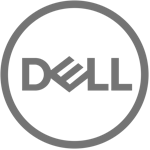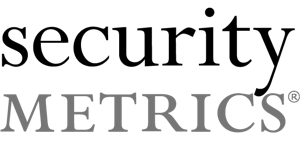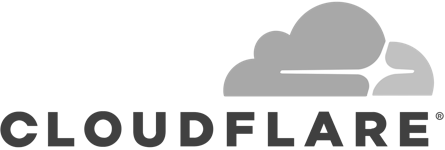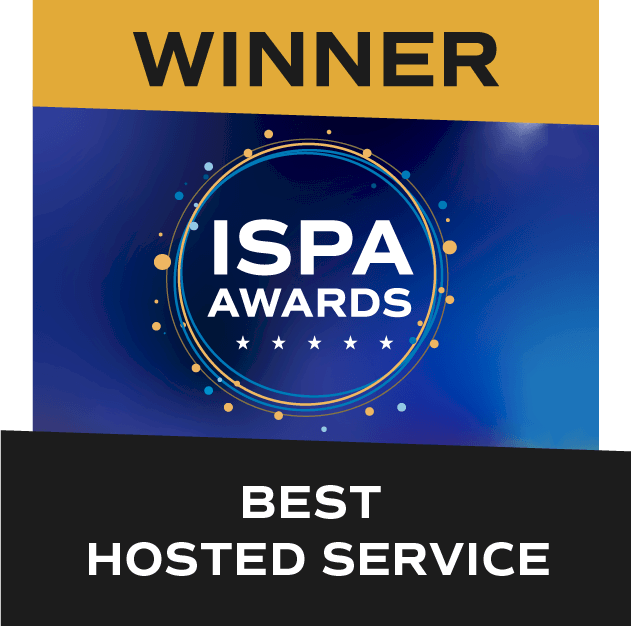Security
Top 10 Tips For Business Security Online | Storm Internet

Most small and medium size businesses do not spend much time thinking about Internet security. Most small business owners assume that security breaches will happen to other businesses but not yours.
As a small business owner, you may have heard about things like targeted attacks, phishing schemes, and the use of sophisticated malware but you probably assume that your business is too small or niche to worry about them.
The truth is that cyber-criminals don’t consider the size of a business when they launch their attacks. Data breaches, network intrusion and website attacks happen to small businesses every single day. In fact often times cyber-criminals use small businesses as a stepping-stone in a larger chain of attacks, which is designed to target smaller and weaker networks as part of a larger attack. This is exactly what happened to Target in 2014 when the initial breach that led to 40 million customers payment data being at risk started at a small HVAC company.
If you want to avoid hassles, long phone calls with your bank and the loss of income that comes with these things, you need to know how to protect your business online.
Let’s look at the Top 10 Tips For Business Security:
- Create Secure Passwords. The first step in creating a secure business online is to make sure that everyone on your staff is using secure passwords. This is especially important for things like your domain registrar, hosting account, SSL provider (more on this later) and any accounts that send or receive money like PayPal, Venmo or your merchant account. Passwords are your first line of defense for your business so you want to make sure that the easiest way to make sure that your passwords are secure is to use a password manager to generate and store random passwords. You should also make sure that the service offers two-factor authentication for the highest level of security!
- Scan for Malware. Just like your PC can become infected with malware if you visit unsafe websites, your business’ website can become infected as well. You need to regularly scan your site for malware and vulnerabilities to stop malware attacks. Vulnerabilities are important because they provide a way into your system for cyber-criminals. It is recommended to use a site scanner such as Stop The Hacker’s Web-Malware Scanning tool, which will monitor your site and alert you of all vulnerabilities and issues.
- SSL certificates. SSL certificates are small data files that digitally bind a cryptographic key to an organization’s details, which allows customers to trust they you are a legitimate business and not some phishing site pretending. You should not be collecting any customer details without a trustworthy SSL certificate in order to assure users that their information is safe.
- Patch and Update. Both your website and server need to regularly be updated and patched. If you use any sort of content management system (CMS) or e-commerce platform, you need to make sure that you are consistently updating and running the latest version of this software. Cyber-attackers frequently target plugins in CMS’ so making sure that you are consistently patching up vulnerable areas is a must. You want to make sure to talk to your hosting provider or in house IT person to make sure your software is being updated regularly.
- Maintain Control. As a business owner, you probably have delegated or outsourced your web development. No matter who runs your web development you need to make sure that you maintain control of your domain name, SSL certificate, and website. Even if you outsource you need to make sure that someone within your organization maintains control. You have to be able to manage and control your certificates, domain name, and hosting account.
- Backup Data. You need to backup all of your business’ data in case there is a data breach or system crash. Modern backup solutions are designed to run in the background and store information safely off of your website. There are a variety of ways to backup data from file sharing and syncing. For extra protection you can backup your data to both cloud based solutions such as the ones offered by Storm and an external hard drive, which should be kept under lock and key.
- Secure Mobile. If you and your employees use mobile devices such as smartphones or tablets, you want to enable secure remote access by installing updated security technology, encrypting mobile data and using virtual private networks (more on this later). You also want to make sure that your employees are safe about viewing sensitive data outside of the office especially if they are using an unsecured Wi-Fi network such as those offered at Coffee shops, Airports and hotels.
- Ignore text or email links. One of the oldest and most effective phishing scam is sending an official looking email that appears to be from your bank, the IRS or another financial institution that you and your business patronize. You want to train your employees to NEVER click on these links. They should flag the email and alert you that there may an issue at which point if you determine that the message might be legitimate you want to log into your account or the institutions website directly. Under no circumstances should you or anyone on your team click those links as it may put your entire business at risk of cyber-attack.
- Use a VPN. A Virtual Private Network or VPN allows you to hide your data up to and including your location and IP address. Whether you and your employees are connecting through your companies network or using public Wi-Fi you should purchase VPN services and encourage your employees to use them at all time to protect your data.
- Enlist the help of experts. If you don’t have an in-house IT person or Internet security expert, you should consider enlisting an expert such the staff here at Storm to help you create computer security protocols and policies.
Cyber-attacks are a part of doing business in today’s world, it’s not enough to know about the internet security threats that exist out there, you must take proactive measures to protect your business!
If you’d like to make sure your website is protected, talk to us at Storm by clicking here or calling us on 0800 817 4727. We’ve been providing ultra fast, secure web hosting services since 2004 and know a thing or two about making sure your business is secure online.
Speak with a Storm Expert
Please leave us your details and we'll be in touch shortly
A Trusted Partner








